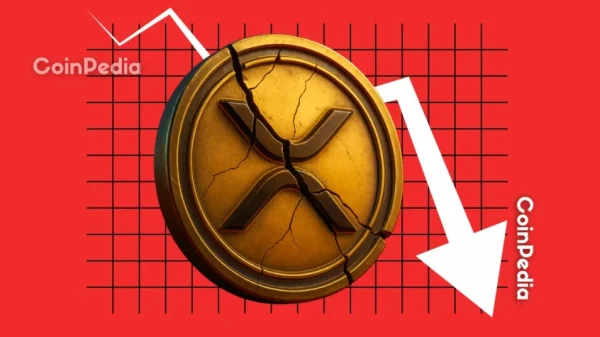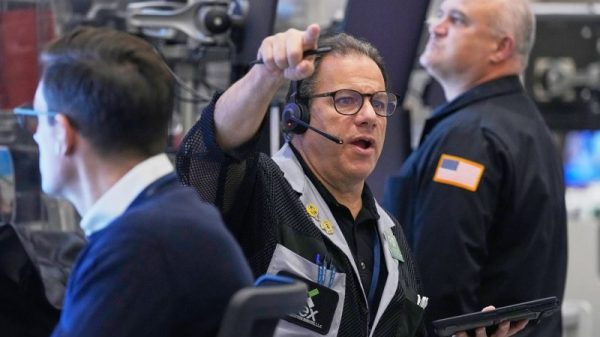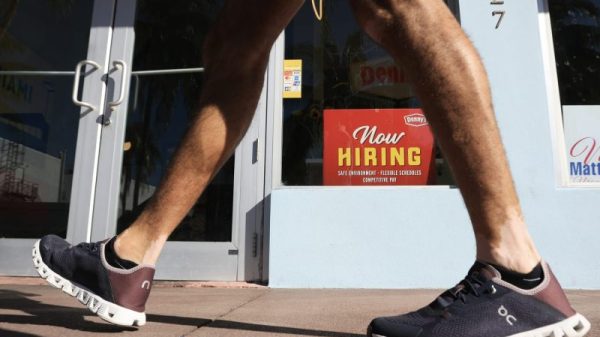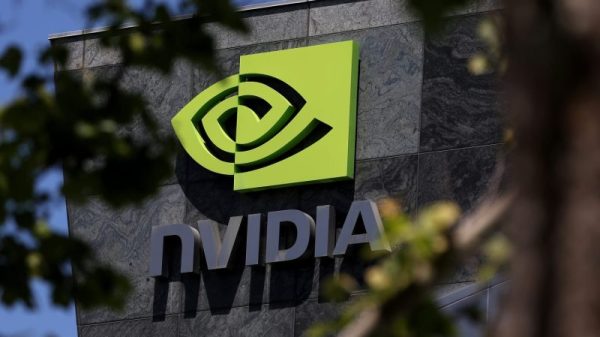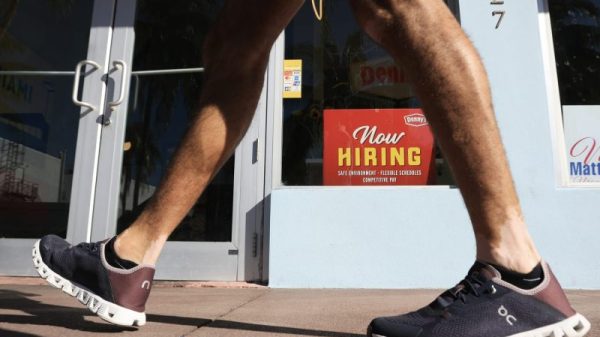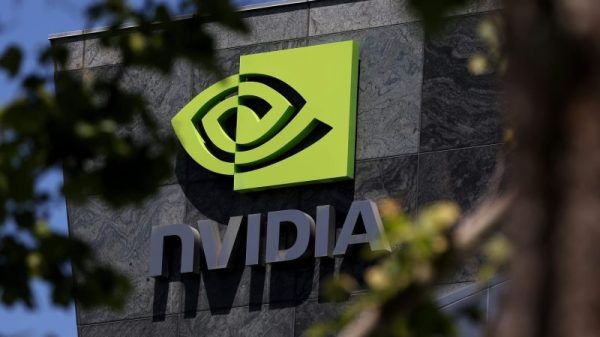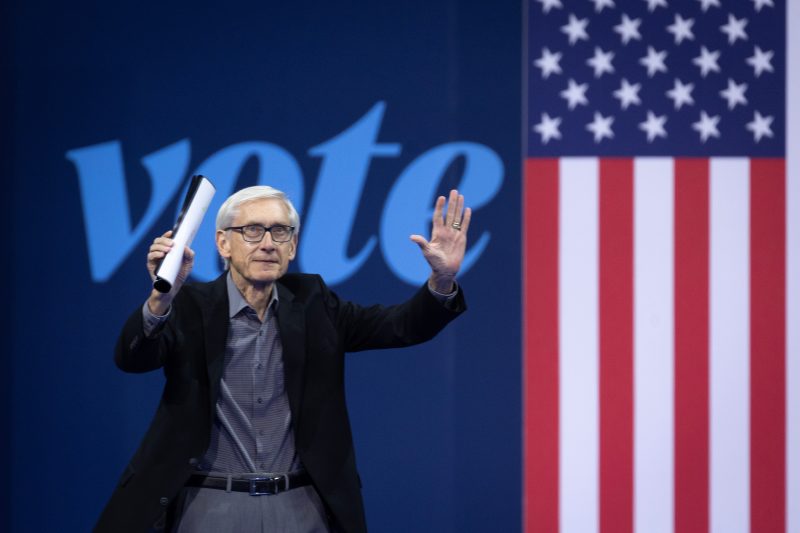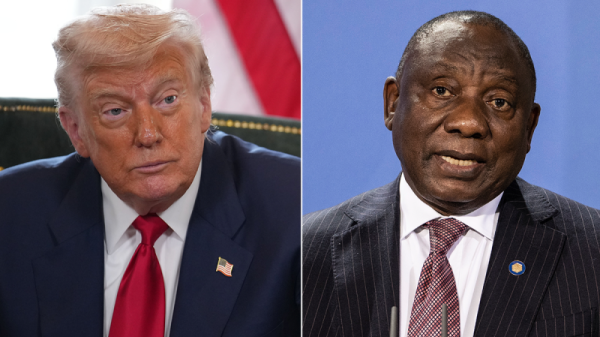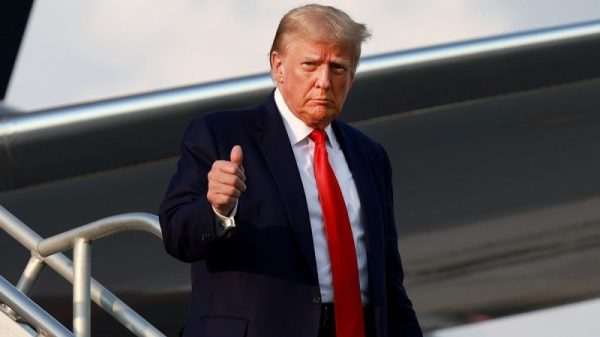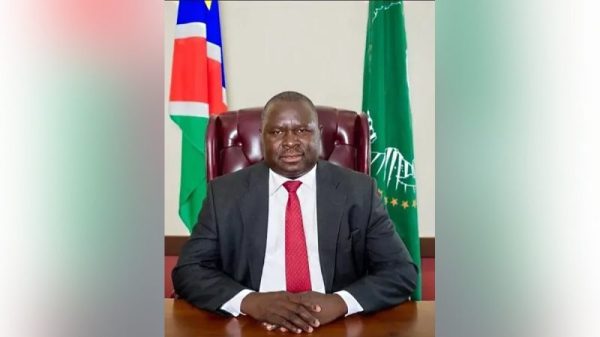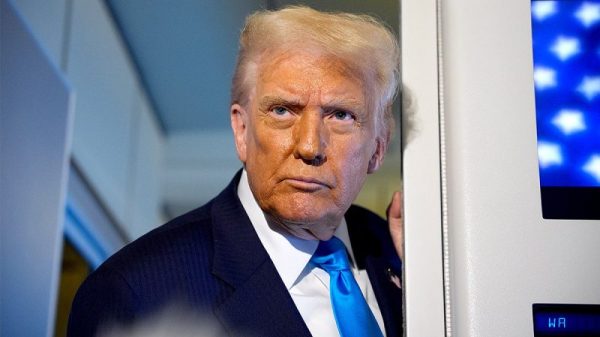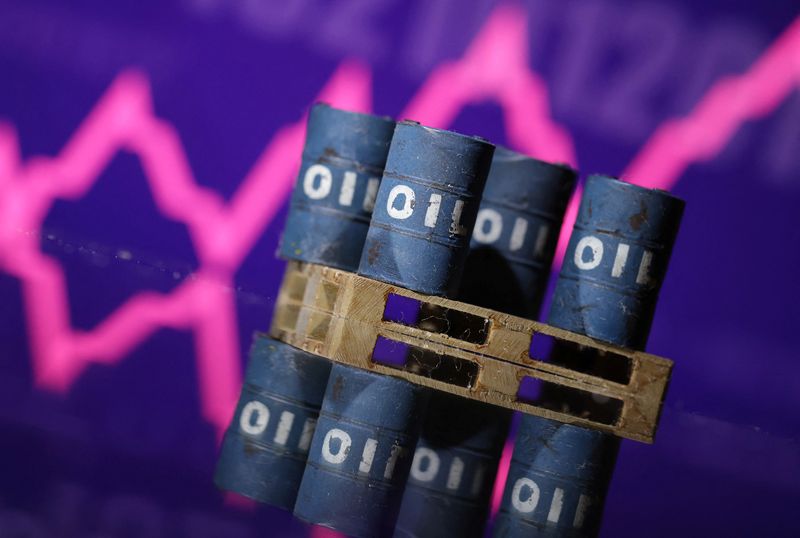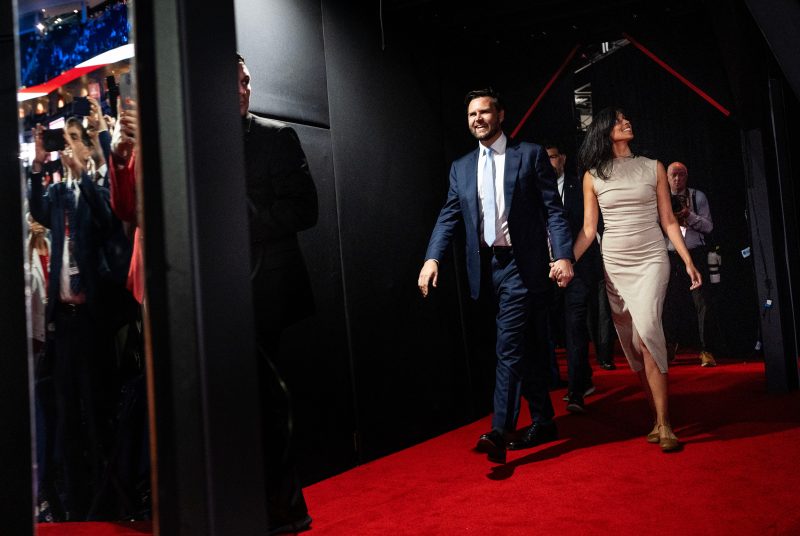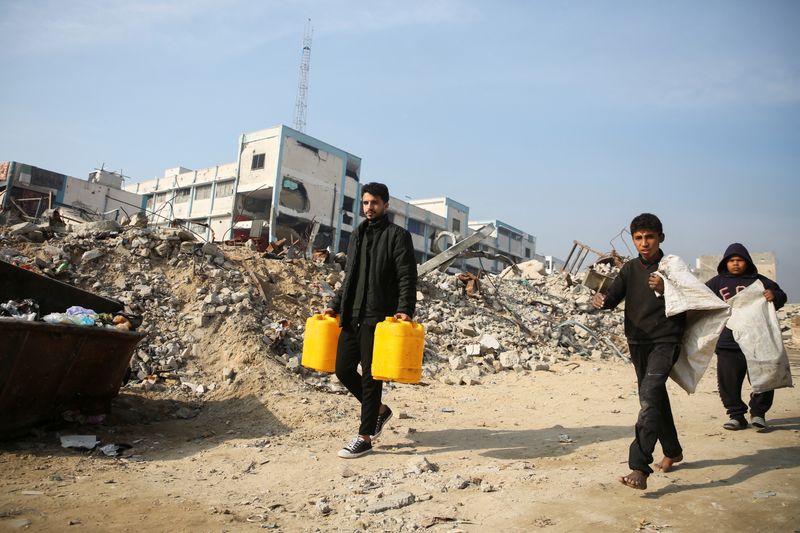
By Jennifer Rigby and Christy Santhosh
(Reuters) – The World Health Organization called for the international community to step up and fund a scaled-up aid response in Gaza after Israel and Hamas reached a ceasefire deal to end 15 months of war in the region earlier this week.
The U.N. health agency said its member states, donors and the global community, including the private sector, should support both the urgent health needs and the longer-term rebuilding of Gaza’s healthcare system.
“The UN cannot deliver the response alone,” said Rik Peeperkorn, WHO representative for the Occupied Palestinian Territory, speaking at a virtual press conference on Thursday.
Part of the ceasefire deal requires 600 truckloads of humanitarian aid to be allowed into Gaza every day from when it is due to begin, on Sunday. Peeperkorn said the WHO was ready to deliver, although the “significant security and political obstacles to delivering aid across Gaza” need to be removed. He urged all parties to uphold the ceasefire deal.
“Now is the time for member states, donors and the global community to step up and provide flexible funding to enable this swift and effective response for urgent and longer term needs,” he said.
He said the costs for rebuilding the health system in Gaza were enormous, estimated at around $3 billion for the next year and $10 billion in the next six or seven years, although these are only early estimates.
“WHO remains committed to addressing the acute health needs of the people in Gaza now and after the deal takes effect and to support the rebuilding of Gaza’s health system. This will be a massive undertaking. Less than half of Gaza’s hospitals are functional,â€� said the WHO’s Director-General Tedros Adhanom Ghebreyesus.

